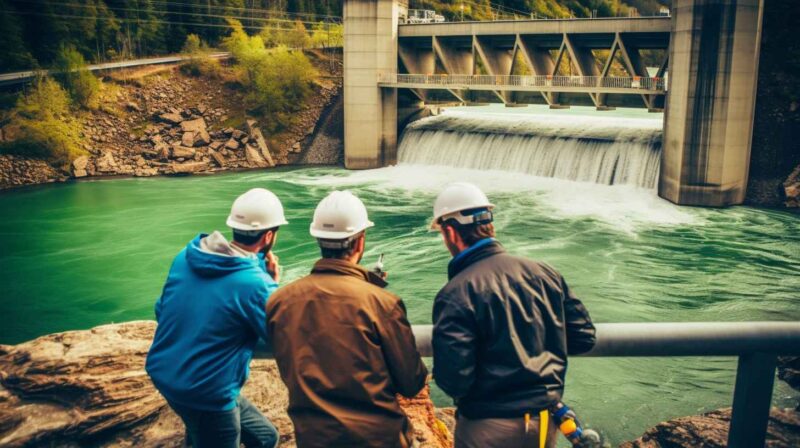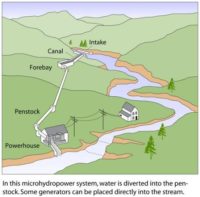To conduct a project feasibility study in the context of hydropower engineering, here are the general steps involved and the skills required:
- Define Project Objectives: Clearly define the objectives of the project, such as electricity generation capacity, potential benefits, and target market.
- Technical Analysis: Evaluate the technical feasibility of the project by assessing factors like water availability, streamflow data, topography, geology, and site conditions. Proficiency in hydrological analysis, hydraulic engineering, and geotechnical engineering is crucial.
- Economic Assessment: Perform a comprehensive economic analysis, considering capital costs, operation and maintenance expenses, revenue projections, and financial indicators (e.g., payback period, internal rate of return, net present value). Strong financial analysis skills and knowledge of economic principles are required.
- Environmental Impact Assessment: Assess the potential environmental impacts of the project, including the effects on aquatic ecosystems, wildlife, water quality, and local communities. Familiarity with environmental regulations, impact assessment methodologies, and mitigation measures is necessary.
- Risk Analysis: Identify and evaluate project risks and uncertainties, such as geological risks, regulatory risks, market risks, and construction risks. Proficiency in risk assessment and management techniques is essential.
- Legal and Regulatory Considerations: Understand the legal and regulatory framework related to hydropower development, including permits, water rights, environmental regulations, and compliance requirements.
- Stakeholder Engagement: Engage with relevant stakeholders, including local communities, governmental agencies, environmental organizations, and indigenous groups. Effective communication, negotiation, and stakeholder management skills are important.
- Report Preparation: Compile the findings and conclusions of the feasibility study into a comprehensive report. Strong technical writing and presentation skills are necessary to communicate the study’s results effectively.
Skills required for conducting a project feasibility study in hydropower engineering include:
- Technical expertise in hydropower systems, hydrology, hydraulic engineering, and geotechnical engineering.
- Proficiency in financial analysis, including cost estimation, revenue modeling, and financial indicators.
- Knowledge of environmental impact assessment methodologies and environmental regulations.
- Risk assessment and management skills.
- Understanding of legal and regulatory frameworks related to hydropower development.
- Strong communication, negotiation, and stakeholder management skills.
- Analytical thinking and problem-solving abilities.
- Project management skills to coordinate and oversee the feasibility study process.
It’s important to note that the specific skills and expertise required may vary depending on the complexity and scale of the project, as well as regional or country-specific requirements and regulations.

